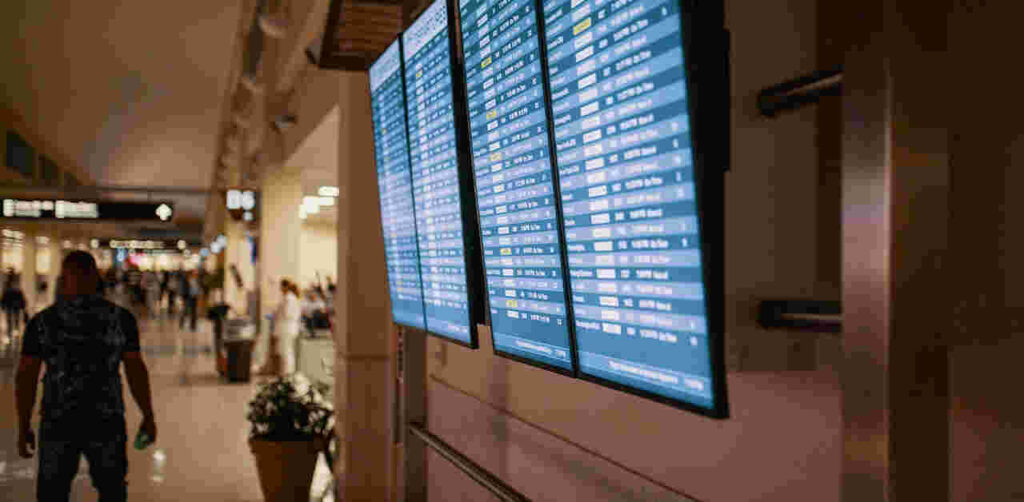Published by: npr.org
It seems perfect — the Fourth of July falls on a Tuesday this year, allowing for a nice long weekend to get away. But it might be a little too perfect: Record-setting numbers of people are predicted to travel in the coming days.
AAA, the auto association, is projecting record-breaking travel volumes for the holiday weekend. The numbers are eye-popping: More than 50 million Americans are expected to travel 50 miles or more from home this weekend.
Most folks will be driving, with 43.2 million people projected to hit the road. Another 4.17 million will likely fly. And more than 3.3 million are predicted to travel by bus, cruise or train.
Many of the routes that AAA predicts to be most congested are between cities and nearby beaches: New York City to the Jersey Shore; Boston to Hyannis, Mass.; Washington, D.C., to Rehoboth Beach, Del.; Houston to Galveston, Texas; Portland to Cannon Beach, Oregon.
One factor encouraging drivers is that gas prices have come down considerably from this time last year, when the national average was $4.85 a gallon.
Why so busy? Pent-up demand
People have been flying with a vengeance as the COVID-19 pandemic moves into the rearview. The 4.17 million Americans projected to fly over the holiday weekend is an 11.2% increase over the same weekend last summer — and 6.6% higher than in 2019, before the pandemic began.
In May, industry group Airlines for America predicted that U.S. airlines would carry an all-time record 257 million passengers this summer, from June through August.
Travel went rather smoothly over the recent Memorial Day weekend. But there are reasons to worry that airports could get snarled in the days ahead.
Air travel could get messy
There has been a raft of canceled flights in recent days, particularly on United Airlines. The airline canceled thousands of flights over the past week as bad weather caused problems at New York-area airports. United’s CEO blamed air traffic control staffing shortages at the Federal Aviation Administration; the flight attendants’ union pointed to the airline’s internal problems scheduling crews.
